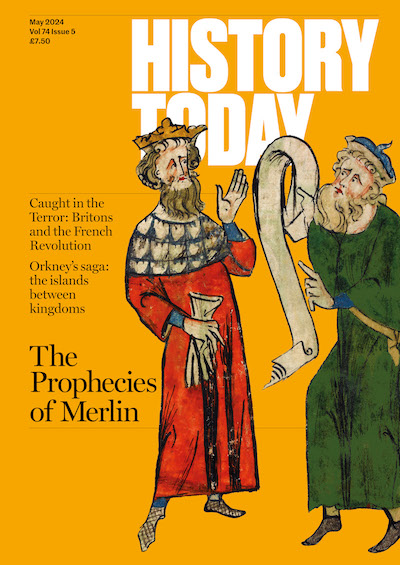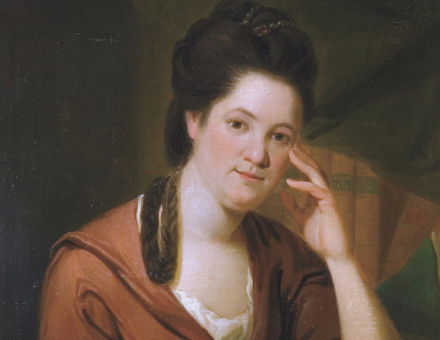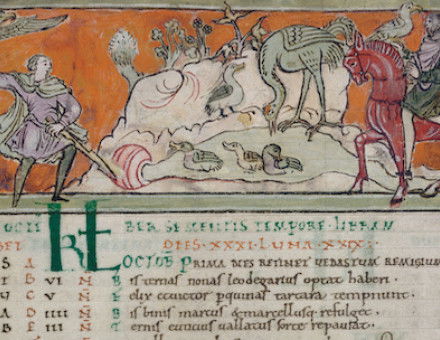Writing News and Keeping Coffee-Houses
Michael Glover investigates the early modern sources of the English reputation as the most indefatigable writers of letters in the world.
Contrary to received opinion William Howard Russell, whose reports from the Crimea caused such a sensation in England, was not the first war correspondent. That title probably belongs to Henry Crabb Robinson who reported the British attack on Copenhagen for The Times in 1807 and was sent to Spain by his paper in the following year. He did not pursue the fighting very actively, but stayed at Coruna until, in January 1809, the war came to him and he was able to write a firsthand account of Sir John Moore’s last battle and the embarkation of the army.
Robinson’s expedition, however, was a unique mission, and for the rest of the war editors had to rely on official despatches, eked out by whatever scraps they could glean from stories told by merchant captains and the private letters of combatants. The former were based on dockside rumours, and the latter were scarcely more reliable.





